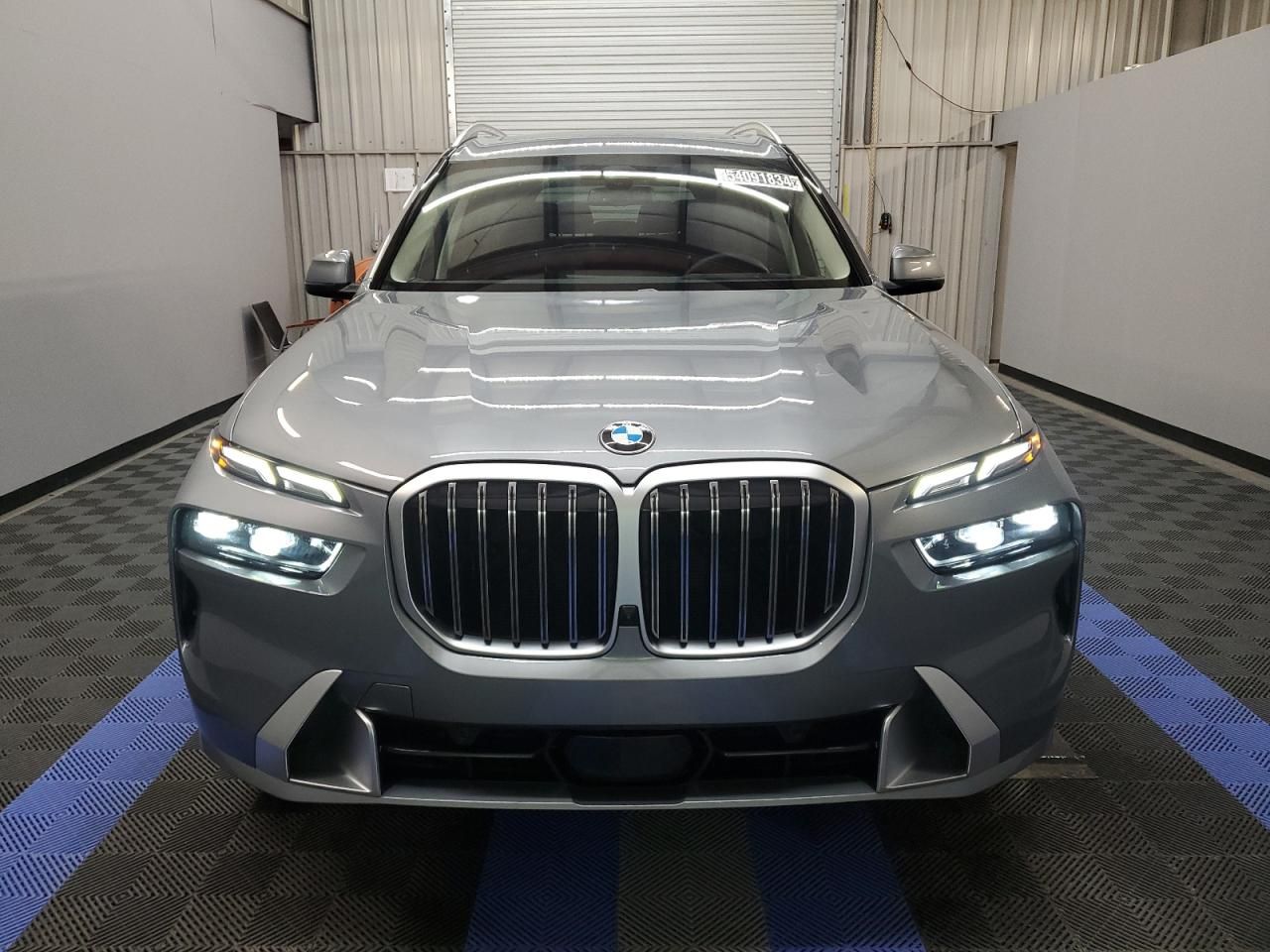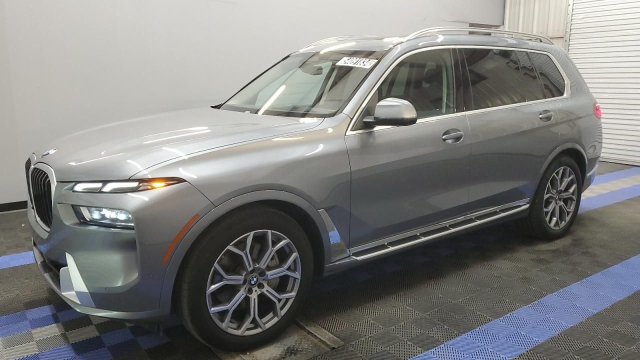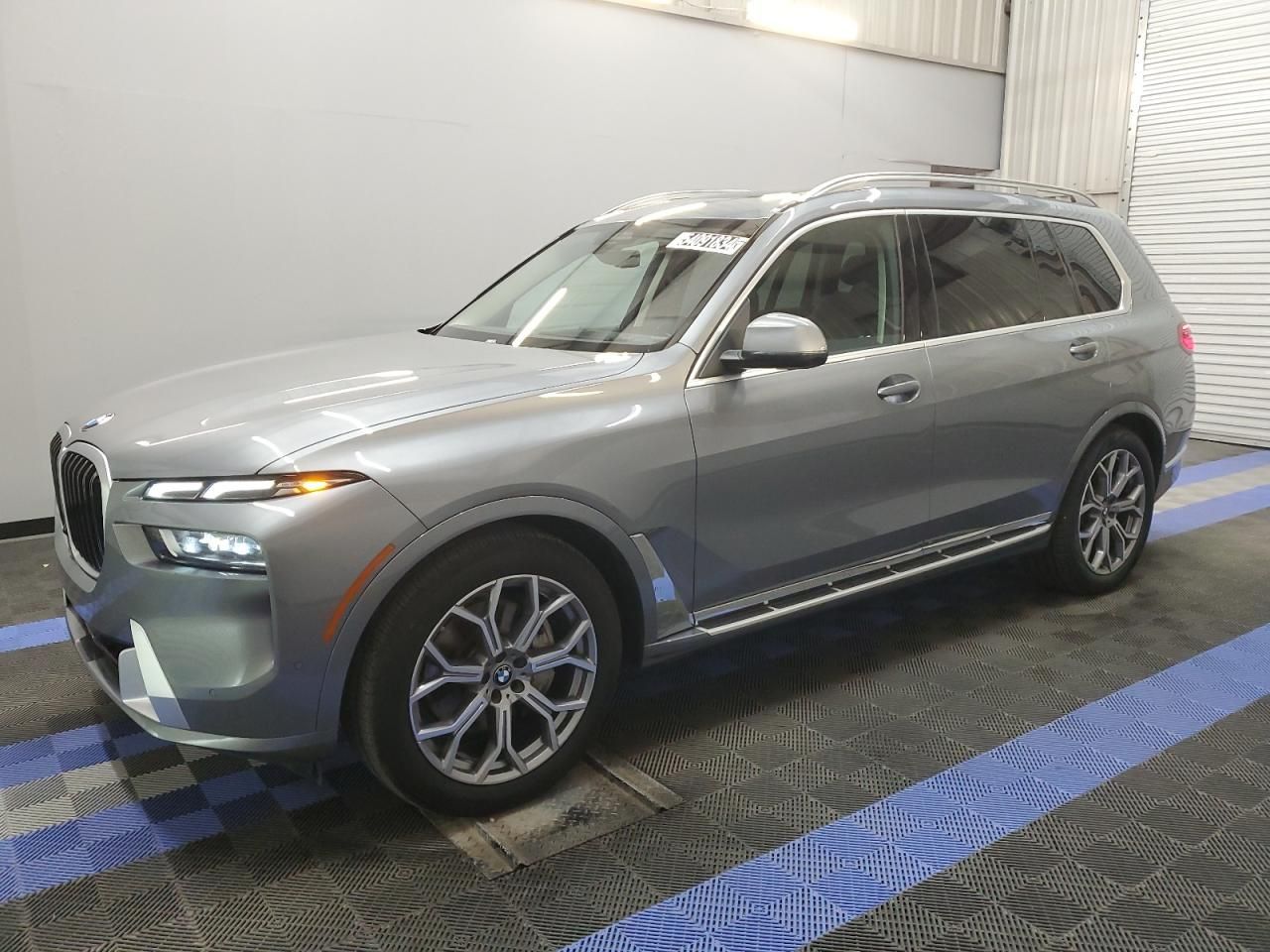Selling a scrap car can be a daunting task, but with proper preparation, you can maximize your return and make the process smooth. Whether your vehicle has been in an accident, is no longer running, or is simply old, knowing how to prepare your scrap car for sale can make a significant difference. This article will guide you through the essential steps to get your scrap cars for sale, ensuring you get the best possible deal.
1. Assessing the Condition of Your Scrap Car
Before you begin the selling process, it’s crucial to assess the condition of your scrap car. This step helps you understand its value and identify any parts that may be salvaged.
Key Points to Consider:
- Mechanical Condition: Determine which parts are functioning and which are not. Check the engine, transmission, brakes, and other major components.
- Body Condition: Inspect the body for rust, dents, and other damage. This can affect the car’s value.
- Interior Condition: Evaluate the state of the seats, dashboard, and other interior parts. These can sometimes be sold separately.
What if my car doesn’t run at all?
Even if your car isn’t running, many scrap yards and buyers are still interested in parts or scrap metal. The value will be lower, but there are still opportunities to make a sale.
2. Gather All Necessary Documentation
Having the right documentation is essential when selling a scrap car. This ensures a smooth transaction and protects you from future liability.
Important Documents Include:
- Title of Ownership: This proves that you own the car and have the right to sell it.
- Maintenance Records: These can provide buyers with a history of the car’s upkeep.
- Bill of Sale: This document records the transaction and can be useful for tax and legal purposes.
Can I sell my scrap car without a title?
Selling a car without a title is challenging and often illegal. It’s best to obtain a duplicate title from your local DMV if you’ve lost the original.
3. Remove Personal Belongings
Before selling your scrap car, make sure to remove all personal belongings. This is an essential step that is often overlooked.
Steps to Follow:
- Check All Compartments: Look in the glove box, under seats, and in the trunk.
- Remove Any Accessories: Take out custom sound systems, GPS devices, or other aftermarket accessories you want to keep.
- Clean Out Trash: Dispose of any garbage or debris to make the car presentable for potential buyers.
Why is it important to clean out my car before selling it for scrap?
Removing personal belongings and cleaning the car ensures you don’t leave anything valuable behind and makes the car more appealing to buyers.
4. Evaluate the Car’s Market Value

Understanding the market value of your scrap car is crucial for negotiating a fair price. This involves researching current prices for similar cars and parts.
How to Evaluate:
- Online Tools: Use online valuation tools to get an estimate of your car’s worth.
- Consult Local Scrap Yards: Call local scrap yards to get quotes and compare prices.
- Check Online Listings: Look at listings for similar scrap cars for sale to gauge market demand and pricing.
How do I know if I’m getting a fair price for my scrap car?
Research is key. By comparing multiple quotes and understanding the value of individual parts, you can ensure you get a fair deal.
5. Remove and Sell Valuable Parts Separately
In many cases, you can make more money by removing and selling valuable parts separately before scrapping the rest of the car.
Parts to Consider:
- Catalytic Converters: These contain precious metals and are highly valuable.
- Battery: Car batteries can be sold or recycled for a good price.
- Rims and Tires: These can often be sold independently if they are in good condition.
- Electronics: Radios, GPS systems, and other electronic components can be valuable.
Should I remove the engine if it still works?
Removing and selling a functioning engine can be profitable, but it requires mechanical knowledge and tools. If you’re not confident in doing it yourself, consider getting help from a professional.
6. Choose the Right Buyer

Finding the right buyer is crucial to ensuring you get the best deal for your scrap car. There are several options to consider, each with its pros and cons.
Buyer Options:
- Scrap Yards: These are the most common buyers for scrap cars. They offer convenience but may not always provide the best price.
- Private Buyers: Selling to a private buyer can sometimes yield a higher price, especially for valuable parts.
- Online Platforms: Listing your scrap car online can reach a broader audience and potentially increase your chances of a better offer.
Is it better to sell my scrap car to a private buyer or a scrap yard?
It depends on your priorities. Scrap yards offer quick and easy transactions, while private buyers might offer more money but require more effort to find and negotiate with.
7. Complete the Sale and Handle Paperwork
Once you’ve found a buyer and agreed on a price, it’s time to complete the sale and handle the necessary paperwork.
Final Steps:
- Sign Over the Title: Ensure the title is correctly signed over to the buyer.
- Provide a Bill of Sale: This documents the transaction and protects both parties.
- Cancel Insurance and Registration: Notify your insurance company and local DMV to cancel the insurance and registration of the salvage cars.
What should I do with my license plates after selling my scrap car?
You should return your license plates to your local DMV. This is often a requirement to cancel the car’s registration and avoid any future liabilities.
Conclusion
Preparing your scrap car for sale involves several crucial steps, from assessing its condition to choosing the right buyer and handling all necessary paperwork. By taking the time to properly prepare, you can maximize the value of your scrap car and ensure a smooth and successful sale. Remember to evaluate the market, gather all necessary documentation, and consider selling valuable parts separately. With these tips, you can navigate the process confidently and avoid getting junked.




